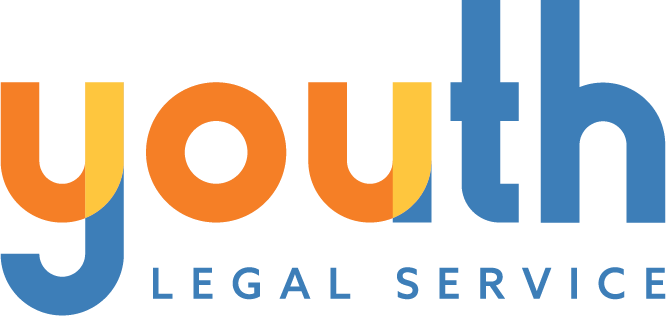17 Sep LGBTIQ+ & Bullying
|
Getting your Trinity Audio player ready...
|

Despite the apparent acceptance and increasing number of role models for young people who are LGBTIQ+, same sex attracted, and gender questioning (SSAGQ) young people are still experiencing homophobia and bullying.
A survey in 2010 indicates that amongst a total of 3134 SSAGQ young people between the ages of 14 – 21 years from all States and Territories, 61% reported verbal abuse because of homophobia, 18% physical abuse and 26% other forms of homophobia.
Unfortunately, the most common place of abuse continues to be school. This continues the trend of increased levels of reported homophobic abuse/violence in schools raising from 69% in 1998, 74% in 2004 to 80% in 2010.[1]
The main types of abuse that young SSAGQ students are experiencing are rumours, having to tolerate homophobic language, social exclusion, and humiliation.
Studies have found that boys who are bullied either for being gay or by being called gay experience higher anxiety and depression than boys who are bullied for other reasons.[2]
For young LGBTIQ+ people verbal, and physical abuse leaves them feeling unsafe in general, but in particular in school and for boys at sporting events. For boys who are SSA, GQ, shy bookish, artistic, musical, theatrical or ‘geekish’, school sport is often a dehumanising experience. Their difference stands out markedly from boys who are athletic and good at sport and often provides fresh fuel for the bullying they are experiencing and their perceived weakness.
Experiencing bullying often leads to increased mental health issues such as post-traumatic stress, depression, and anxiety[1].
There are strong links between homophobic abuse, feeling unsafe, and excessive drug use.[2] Much of the drug use can be due to attempting to self-medicate to ease the pain of being rejected and experiencing hostility.
How do we provide a buffer to young LGBTIQ+ people to counter the harmful effects of homophobic bullying?
The first buffer is close relationships with family and friendship groups for young people who experience alienation because of difference. When high rates of homophobic abuse are experienced, supportive relationships are even more critical.[3]
For many SSAGQ young people school is important in whether they can explore their identity safely and experience social inclusion. For young people they ask two questions about their school. Firstly, whether the school has policies that protect them against homophobic abuse and secondly whether the school was homophobic, neutral or supportive of diverse sexualities. Where a school is supportive, the student is less likely to harm themselves or attempt suicide[4].
Many schools are doing great work to be more inclusive and supportive of gender diverse and LGBTIQ+ students, however there is still much that can be done to ensure the homophobic violence and abuse does not continue to increase but decreases from the current 80%
[1]Hillier, L., Jones, T., Monagle, M., et al. (2010) Writing Themselves in 3. p,IX Australian Research Centre in Sex, Health and Society, La Trobe University
[2]Swearer, S.M., Turner, R.K., Givens, J.E., & Pollack, W.A., (2008) “You’re so Gay!” Do different forms of bullying matter for adolescent males? School Psychology Review. Vol.37, No 2, pp160-173
[3]Swearer, S.M., Turner, R.K., Givens, J.E., & Pollack, W.A., (2008) “You’re so Gay!” Do different forms of bullying matter for adolescent males? School Psychology Review. Vol.37, No 2, pp160-173
[4]Hillier, L., Jones, T., Monagle, M., et al. (2010) Writing Themselves in 3. p,X Australian Research Centre in Sex, Health and Society, La Trobe University
[5]Hillier, L., Jones, T., Monagle, M., et al. (2010) Writing Themselves in 3. p,IX Australian Research Centre in Sex, Health and Society, La Trobe University
[6]Hillier, L., Jones, T., Monagle, M., et al. (2010) Writing Themselves in 3. p,IX Australian Research Centre in Sex, Health and Society, La Trobe University
